August 2018
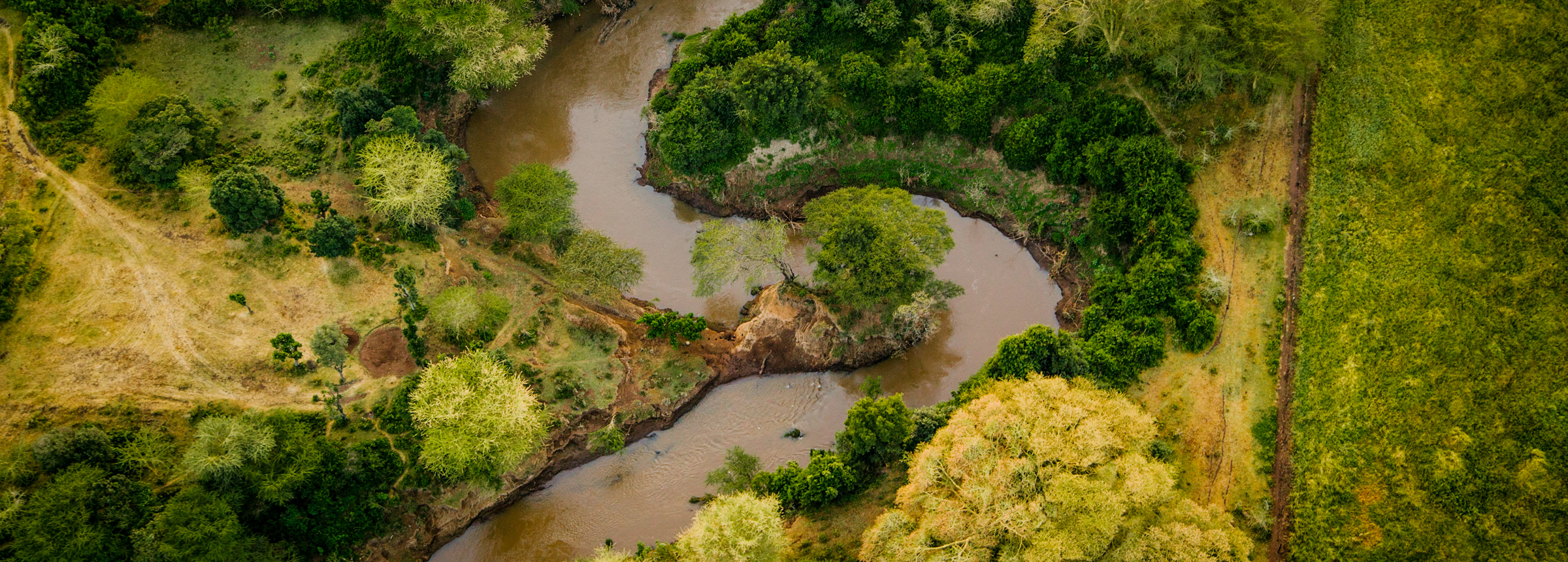
Towards More Resilient Solutions
August 27, 2018
On August 26, water professionals turned their attention to Stockholm, Sweden. At World Water Week, the world’s premier conference on water issues, attendees chose from hundreds of panels, presentations and plenaries, and enjoy the opportunity to network with other experts, decision-makers and innovators. Sharing experience and information with fellow practitioners, working toward solutions to the most critical water-related challenges — what more could a water wonk ask for? […]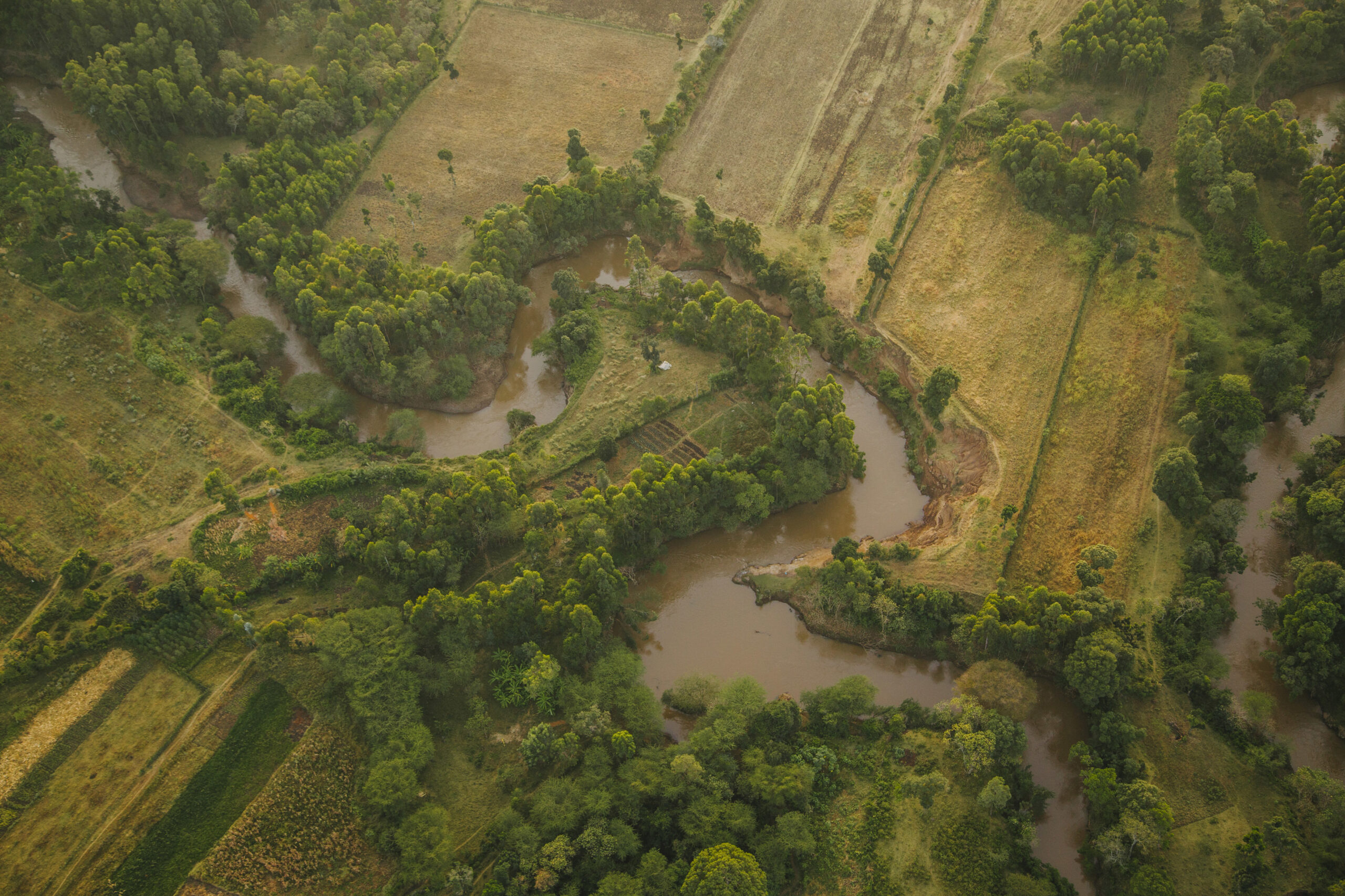
‘The River Belongs to the People’
August 21, 2018
Photos by Bobby Neptune Gordon Mumbo grew up in the small village of Kamuga, in Kenya’s Kisumu County. Year after year, he watched as frequent floods from one of Kenya’s major rivers, the Nyando, disturbed the peaceful flow of village life. “In school we were reading about how the Dutch were able to control floods […]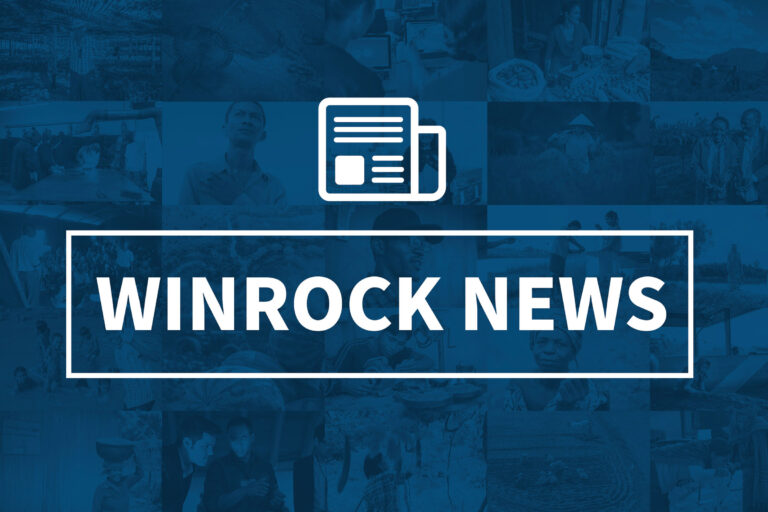
Clubs That Help Kids Stay in School
August 15, 2018
Leonard Thedison, age 15, was listening closely. As a member of the anti-child labor club at Chiponde Primary School in the Mchemani Education Zone of Lilongwe Rural East, Malawi, he had already taken to heart the importance of education, how it could create a new life for himself and his family. But today’s topic was […]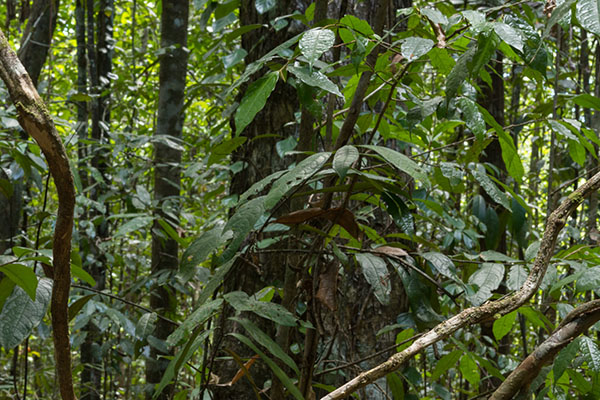
Seeing the Forests for the Water
August 14, 2018
The world is experiencing both unprecedented forest loss and increasingly severe floods and drought events. These issues are often approached independently, despite the critical influence forest and water have on each other and in providing ecosystem services. This seminar will discuss innovative research demonstrating these interrelationships and how these findings can be used for policy […]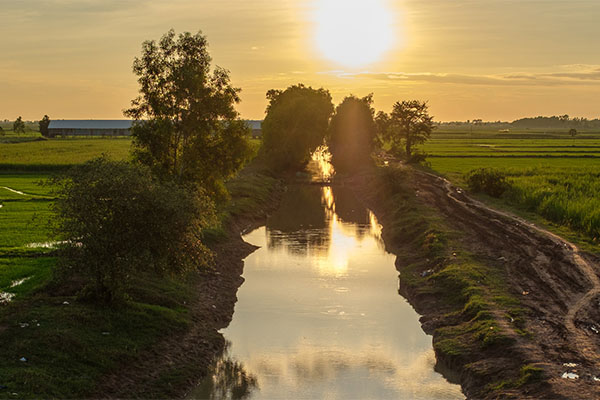
Local Investment, Lasting Impact
August 14, 2018
In Cambodia’s Stung Chinit watershed, 40 leaders from civil society and the private sector have pledged to actively participate in the Sustainable Water Partnership’s Water Security Improvement (WSI) process. As part of the WSI process’s initial assessment phase, SWP identified local water user groups and organizations in the Stung Chinit watershed. The project engaged representatives from local farmer […]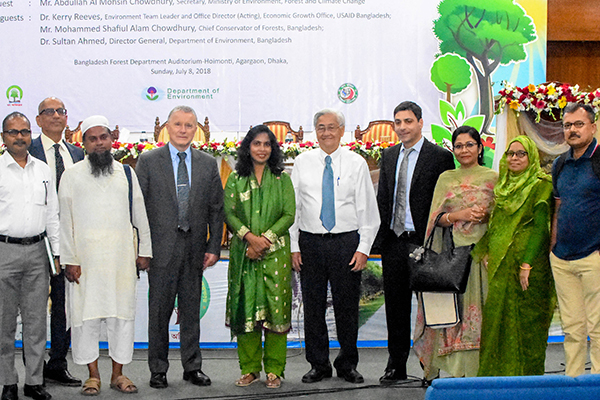
Celebrating the Climate-Resilient Ecosystems and Livelihoods Project
August 8, 2018
The Climate-Resilient Ecosystems and Livelihoods (CREL) project diversified incomes derived from sustainable natural resource management for 360,000 people and helped 875 villages plan actions to sustain or enhance their natural resource base in the face of pending impacts from climate change. CREL also greatly advanced the effectiveness of co-management in protecting nearly 764,000 hectares of […]